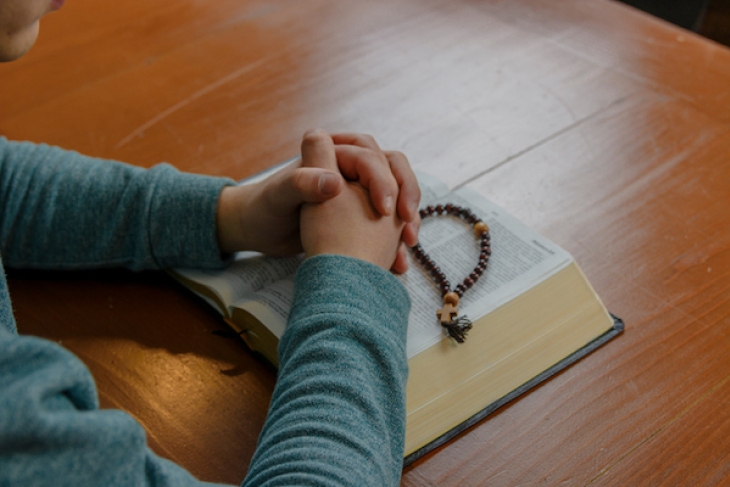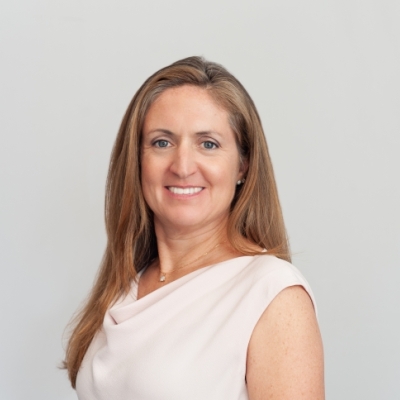Last week, the Catholic Diocese of Memphis, Tennessee, faced with continued financial struggles and the failure of the most recent state voucher bill, announced a plan to close all ten of its “Jubilee Schools” at the end of next year. When the network first opened on the eve of the Year of Jubilee, in 2000, it was dubbed the “Memphis Miracle,” and it was considered a model for how to revitalize urban Catholic schools serving our poorest communities. Now it’s a cautionary tale—a warning for leaders seeking innovative ways to save urban Catholic schools.
The way the diocese is choosing to close its schools is once again putting Memphis in the spotlight. At the close of the 2018–19 school year, the diocese of Memphis will withdraw its schools completely from the urban communities it has served for decades. In the place of the closed schools, assuming the state authorizer assents, will be nine new public charter schools. Religious instruction in these new charters will be banned from the school day, but diocesan leaders hope that the students “will continue to receive an excellent education that prepares them to be giving members of their communities.”
Memphis is not the first diocese to work with charter leaders to “convert” struggling urban Catholic schools into public charter schools, but its “conversions” are certainly the most prominent.
While the seductive allure of converting cash-strapped Catholic schools into charters is clear, a closer look reveals that these conversions are mostly a mirage. Understanding why is crucial to charting a path forward that will actually achieve the goal of revitalizing urban Catholic education in America. So, in the midst of Catholic Schools Week, while we celebrate the unique contribution these institutions make in the lives of our families, let’s pause to examine what we lose when we convince ourselves that charter schools can take the place of Catholic schools in our communities.
First and foremost, we lose the ability to unapologetically teach our faith and values because there is no actual “conversion” taking place. Catholic schools close and stop teaching the faith, and authority over curriculum and instruction is turned over to a state-authorized public school.
In some cases, the newly authorized charter schools offer optional religious instruction that, advocates assure, can be slotted in a before- or after-school “wraparound” program. As if our faith were just another extracurricular activity. Yet our history teaches us that our faith provides the foundation of everything we do in school. You can’t remove the foundation without losing the house.
Perhaps the most poignant display of what giving up faith for money will mean for schools was highlighted in a 2008 New York Times article documenting the conversion of Holy Name, a D.C. Catholic school, into Center City Public Charter School. When an eighth-grade student walked into the newly converted charter on the first day, he bowed his head and began to recite the Lord’s Prayer. A teacher immediately chastised him, warning, “We don’t do that anymore.”
At the same school, the former principal, Sr. Patricia Ralph, shared a story that, in hindsight, feels prophetic: “When the school pulled off a blackboard panel to install an electronic whiteboard as part of the conversion, Ralph saw that a cross was drawn directly onto the cement wall. The whiteboard went right over it.”
It’s hard to imagine a clearer visual to represent the choice we now face.
Second, converting struggling Catholic schools to charters weakens rather than strengthens community support for our schools because it hitches our future to an increasingly controversial educational model.
An Education Next public opinion poll that was released in 2017 revealed “support for charter schools dropped by 12 percentage points between 2016 and 2017, the largest change in opinion we observed on any item.” Worse, 39 percent of respondents said they supported “the formation of charter schools,” down from 51 percent in 2016. Support among African Americans was even lower than the average, at just 37 percent.
Third, we would be abandoning the private-school path our Church leaders chose more than two centuries ago on the eve of what promises to be a breakthrough in sustainability.
Catholic schools have been fighting for access to public money—and in many cases for the right to exist at all—since the first school opened more than 160 years ago. Today, twenty-eight states have passed tax credit scholarship or voucher laws that empower even the most disadvantaged students to choose Catholic schools. And public support for private school choice is slowly rising. In the aforementioned Education Next poll, 55 percent of respondents supported tax credit scholarships and 45 percent supported vouchers. And the percent of respondents who oppose tax credits or vouchers dropped from 44 percent to 37 percent and from 29 to 24 percent, respectively.
That raises an important question: When we embrace these Catholic “conversions,” are we giving up our autonomy and the broader fight for authentic parent choice exactly when we have the greatest chance of true success?
In too many urban communities, charters have hastened the closing of Catholic schools, in part because Catholic schools have struggled to adapt to the challenges of this new era of increased competition. The end result is a system where the poorest among us are left with fewer options, not more.
If we believe that all parents—particularly those struggling to make ends meet—deserve authentic choice among diverse school options that include charter, Catholic, and traditional public schools, we can and must do better. Instead of closing schools and reopening them as charters, let’s work to diversify funding for urban Catholic schools. Let’s redouble the fight to expand vouchers and tax credits. And let’s reimagine the role the diocese should play in the operations and oversight of autonomous Catholic school networks.
The future of Catholic education is and should be proudly built on the principles of religious liberty and independence that made us great. As “Dagger” John Hughes—the first Archbishop of New York—once said, “in our age, the question of education is the question of the church.” In that spirit, we must rise to the challenge of our age and embrace different and innovative solutions that keep our values at the center of our service to the nation’s most disadvantaged communities.
Kathleen Porter-Magee is the Superintendent of Partnership Schools.
The views expressed herein represent the opinions of the author and not necessarily the Thomas B. Fordham Institute.

